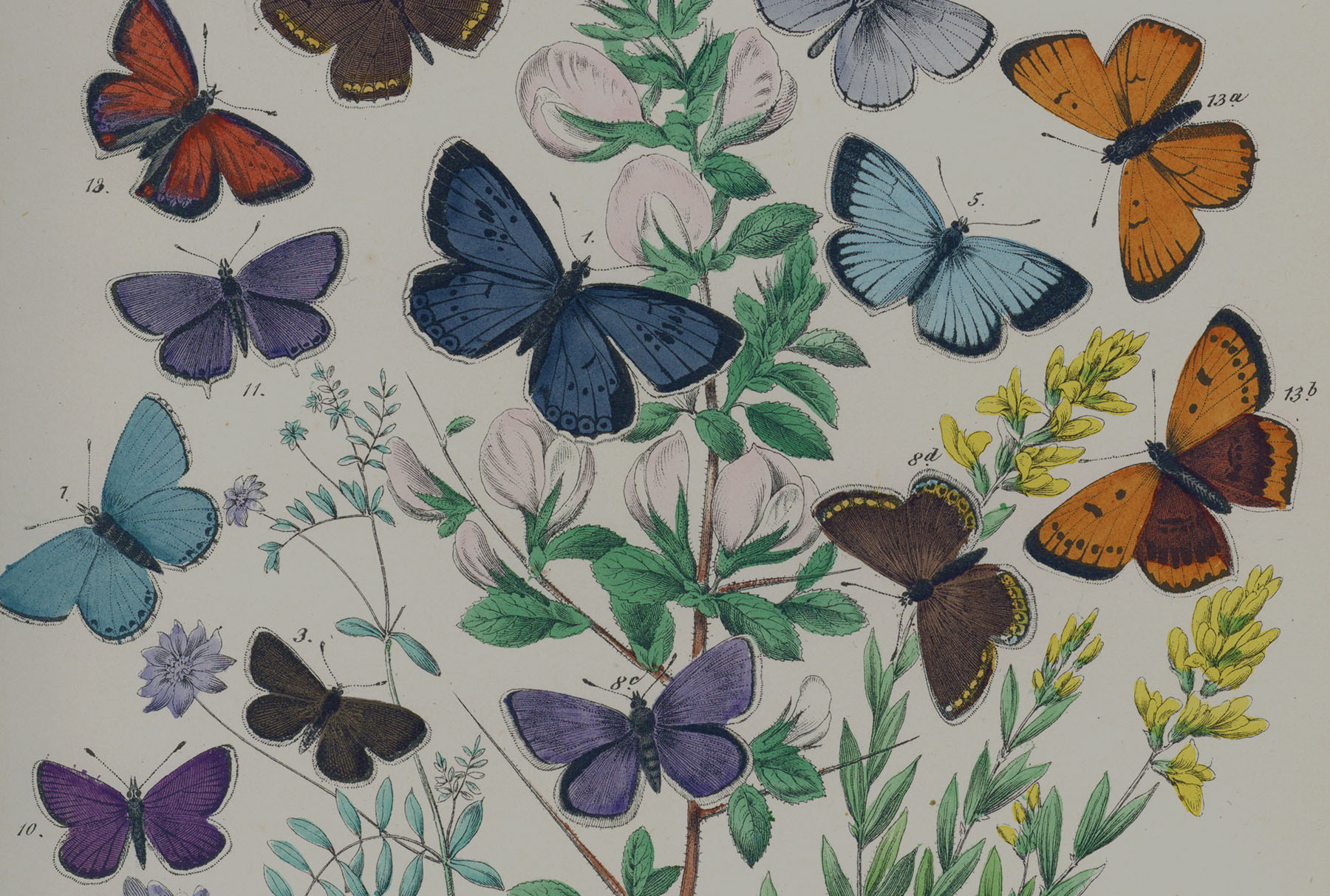Michael Chaplin on the Chaplin (Michael) Archive
Collected Voices
Michael Chaplin was born in 1951 in County Durham to Rene Chaplin and Sid Chaplin; a writer based in North East England. After graduating, he worked at The Journal in Newcastle as a trainee journalist, and was appointed the district reporter in Gateshead and the Durham, and the Health Correspondent.
In 1977, Michael moved to London where he worked in the current affairs and features department at London Weekend Television until 1987 when he moved to be the Head of Drama and Arts at Tyne-Tees Television. He then moved in 1991 to Head of Programmes for BBC Wales which he left in 1994 to become a full-time writer and producer. Since then he has written some 30 plays for Radio 4 including the series Two Pipe Problems and The Ferryhill Philosophers and various single plays like The Song Thief. His work for television includes the series Grafters, Dalziel and Pascoe and Monarch of the Glen and films like Just Henry.
His 30-year relationship with Newcastle’s Live Theatre encompasses In Blackberry Time (with Alan Plater) based on the life and work of Sid Chaplin, You Couldn’t Make It Up (with Tom Chaplin) about the travails of being a Newcastle United fan, and A Walk-On Part, based on the diaries of ex-Labour MP Chris Mullin.
His prose work includes Come and See - The Beguiling Story of the Tyneside Cinema, and Tyne View which arose out of his time as writer in residence for the Port of Tyne. The book then spawned the musical play Tyne which ran at Live Theatre, the Customs House in South Shields and Newcastle’s Theatre Royal.
On the impetus for wanting to be a writer
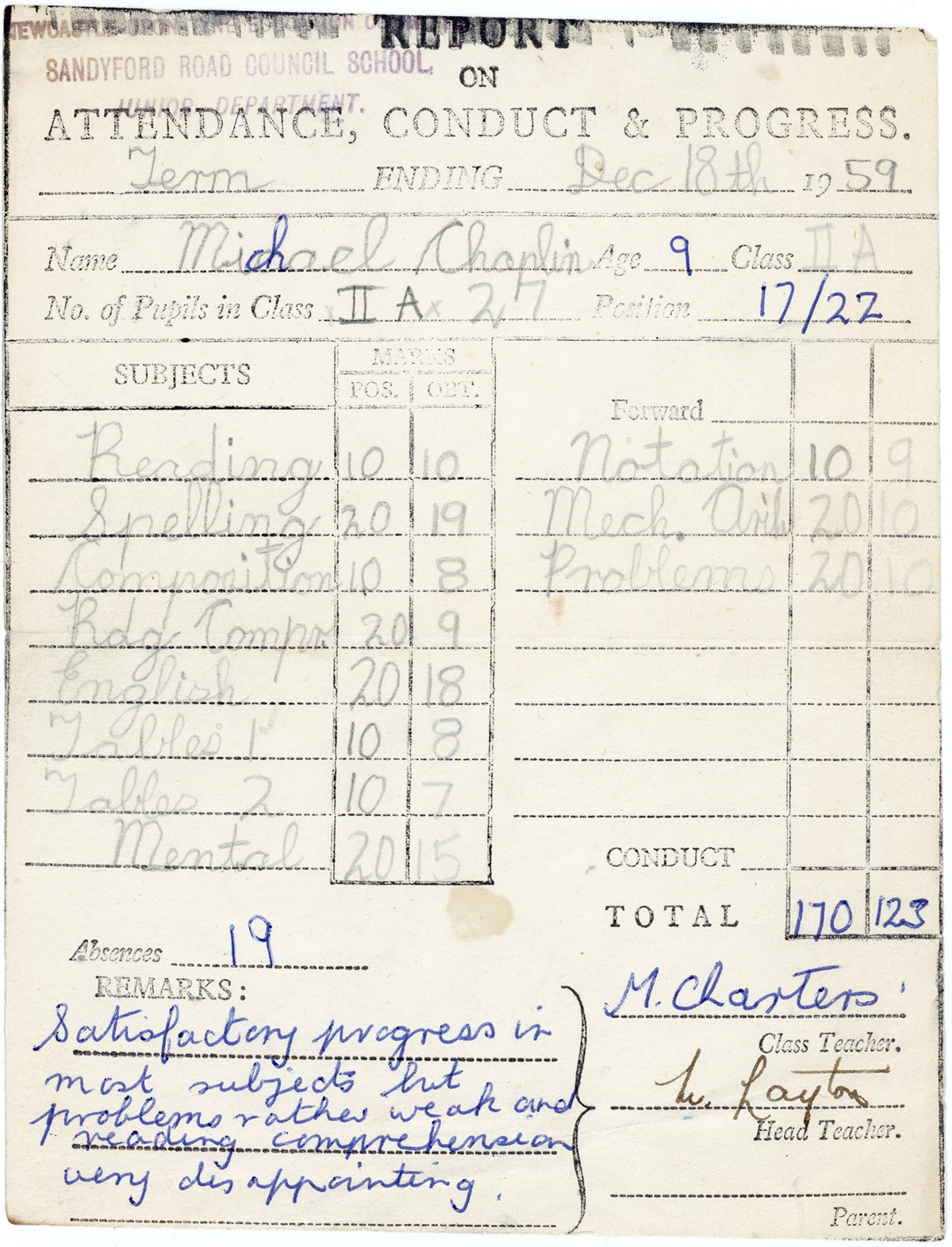
Winning a short story competition with 'The Old Man'
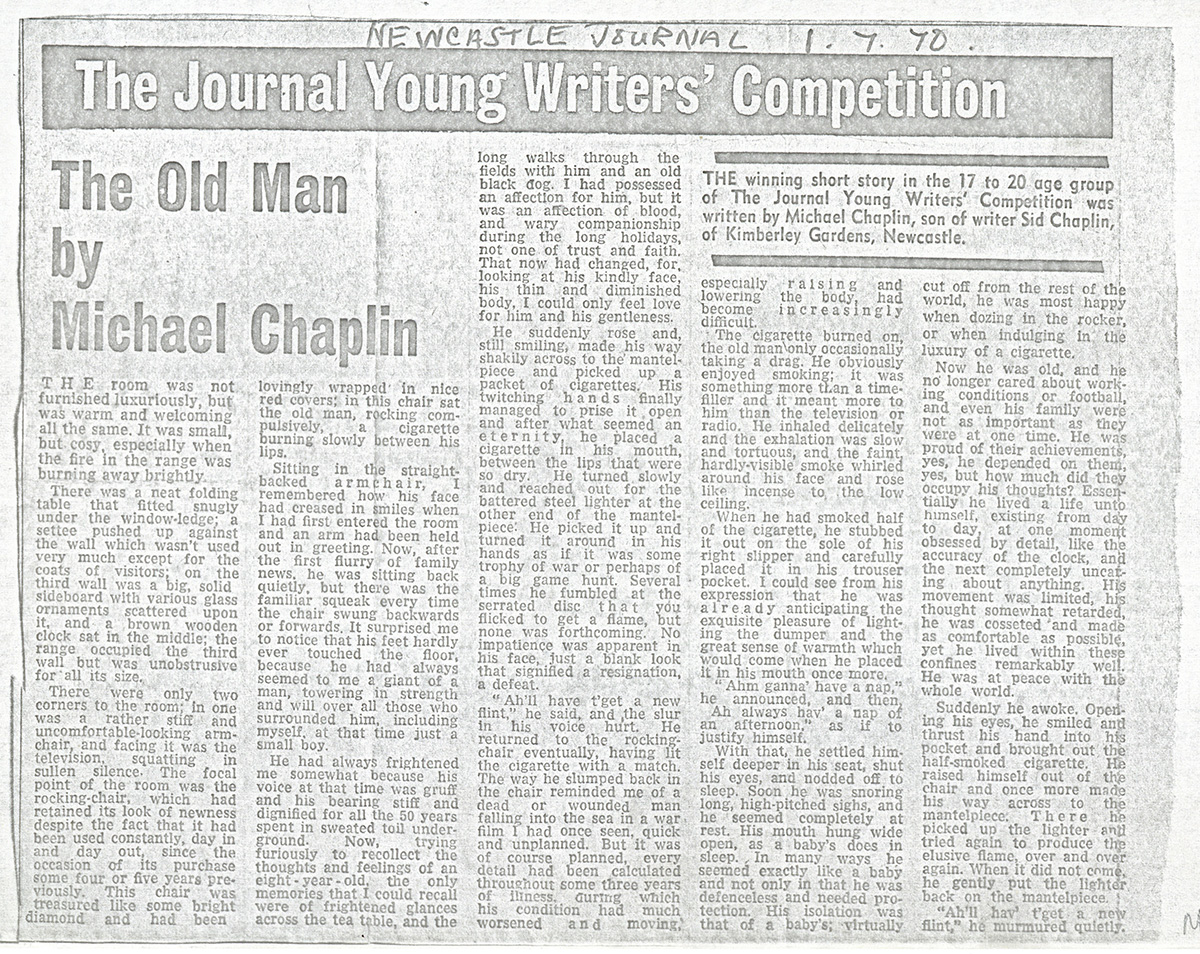
Writing for a student newspaper during University
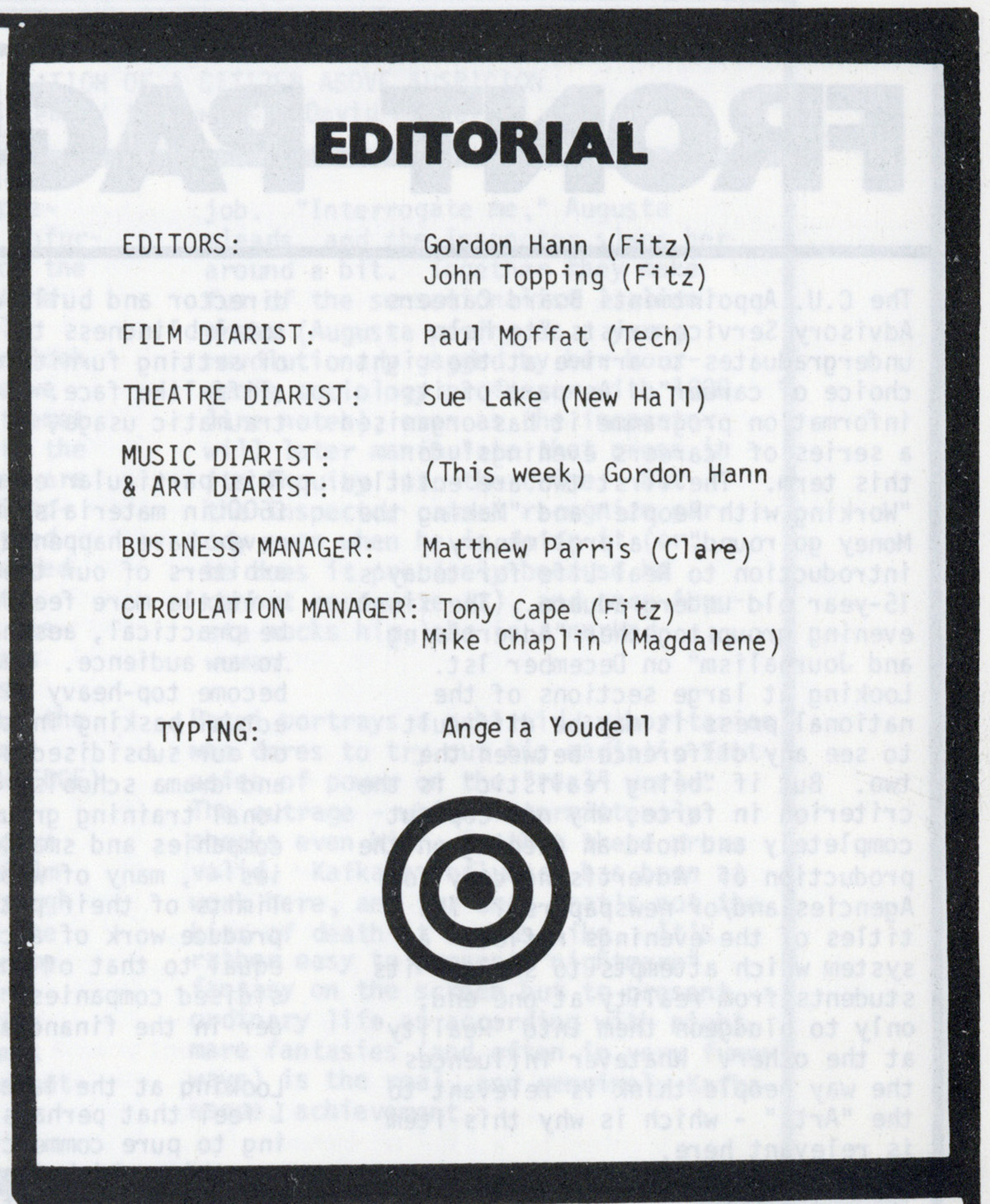
Working at The Journal as a journalist
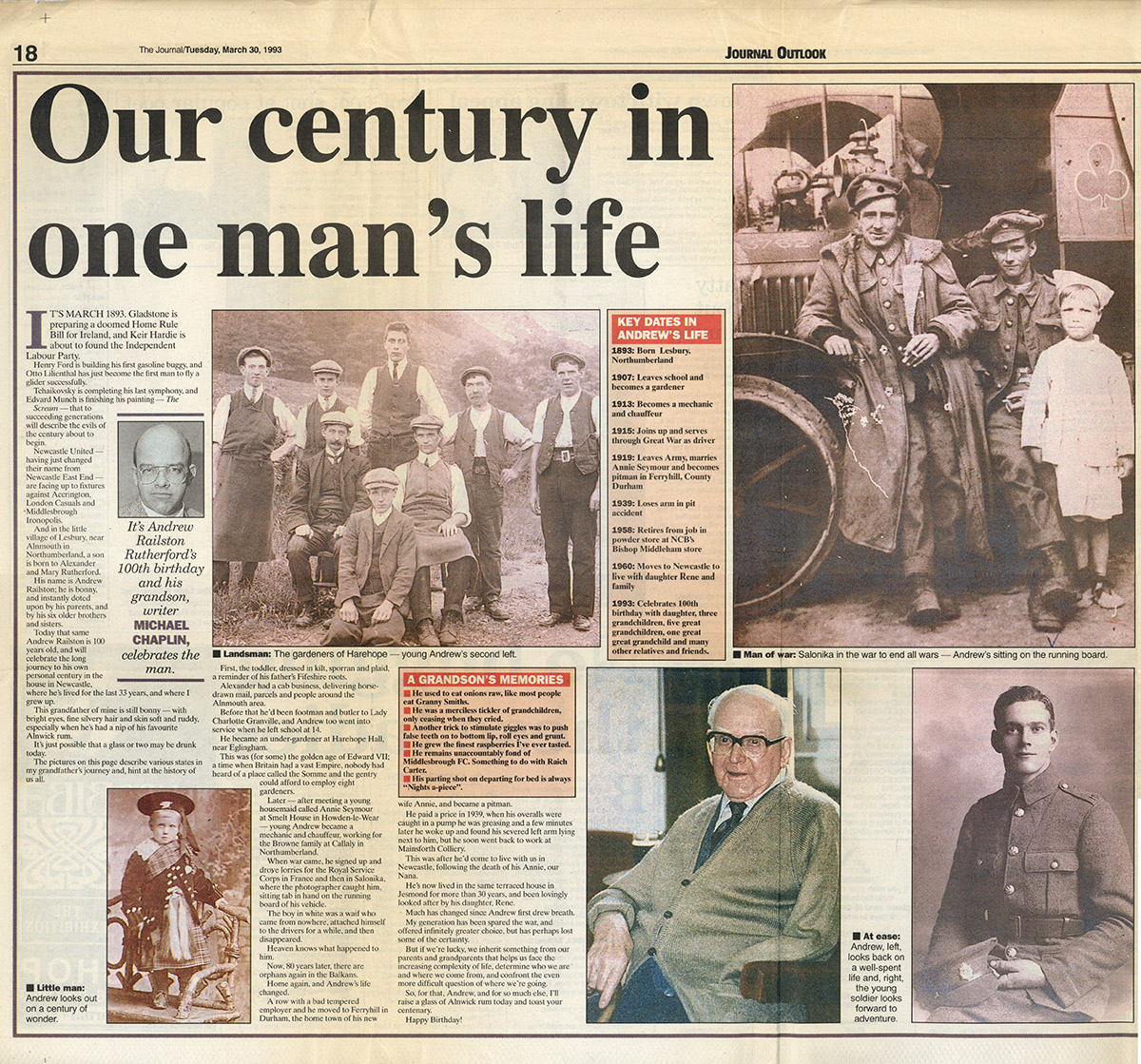
Working on South of Watford with Ben Elton
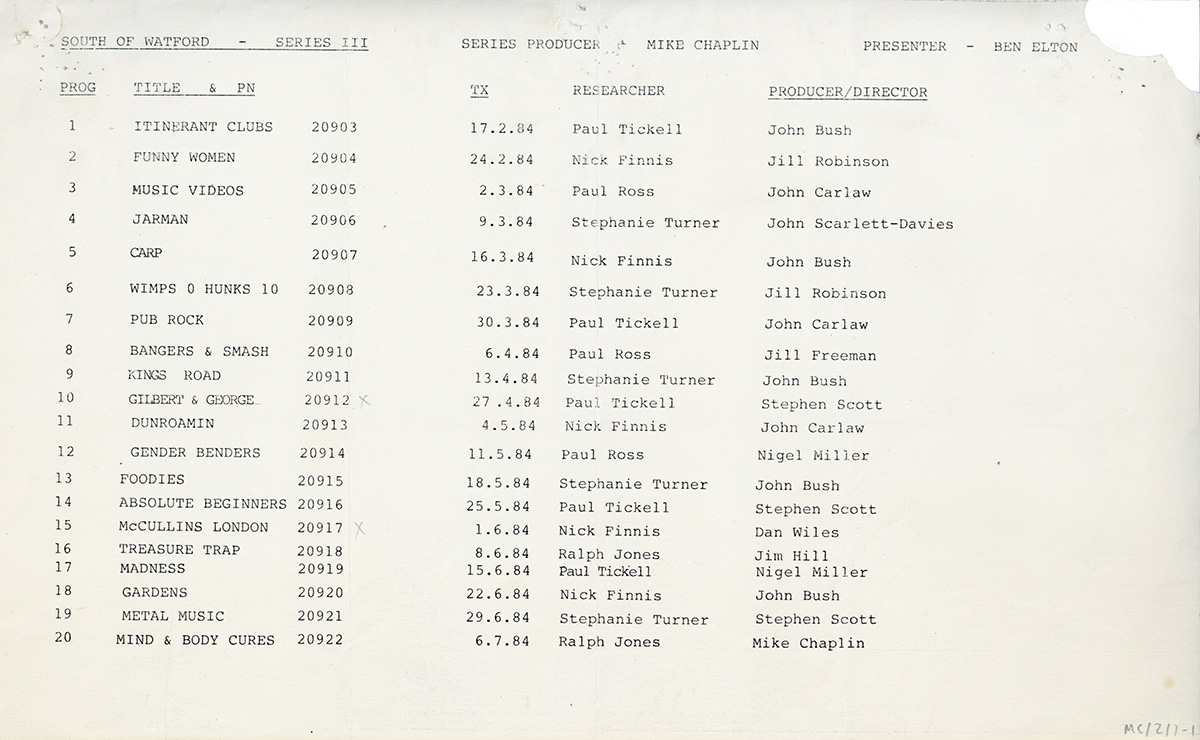
Working collaboratively on tv series Dalziel and Pascoe
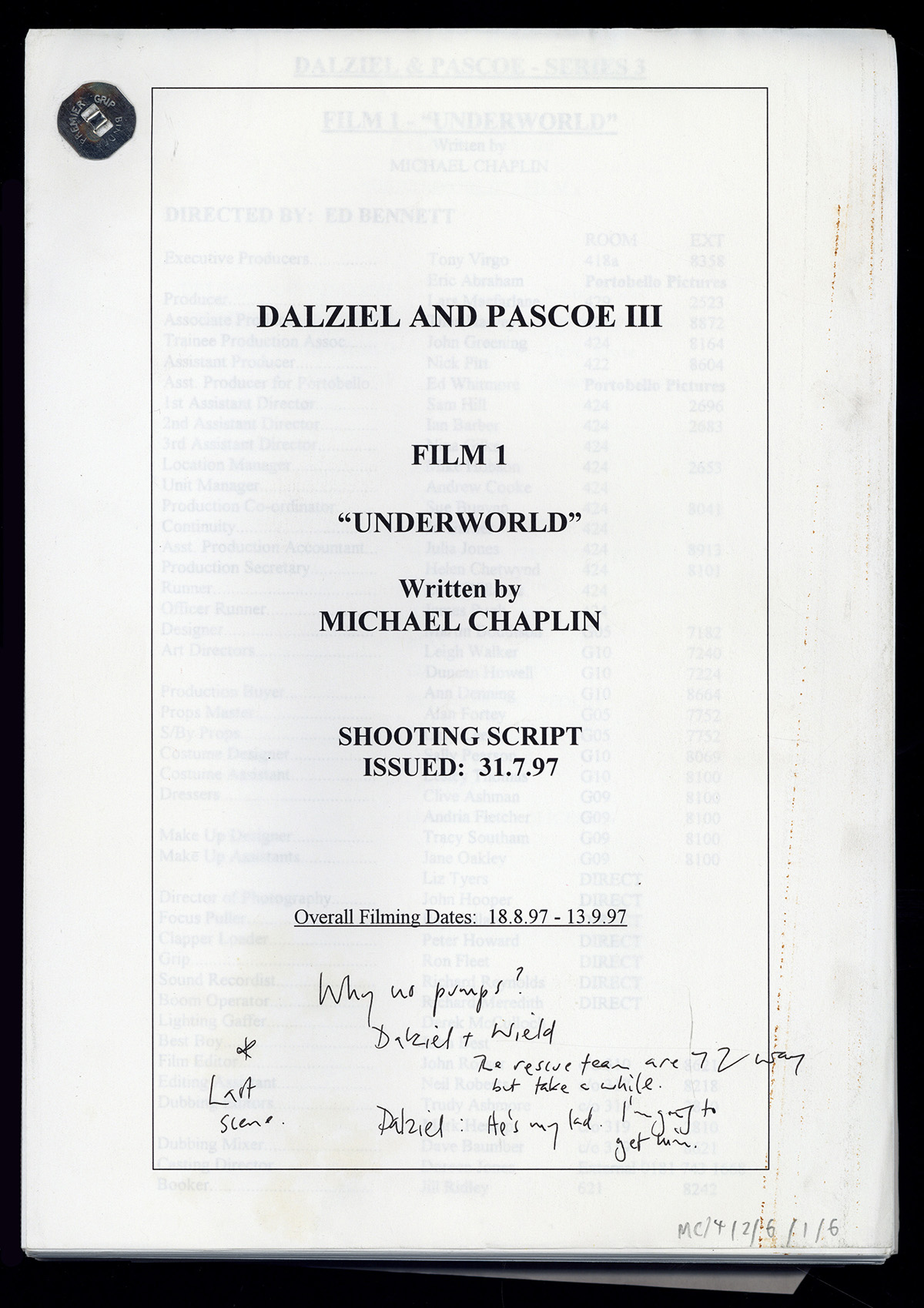
Pitching the idea for the tv series Grafters
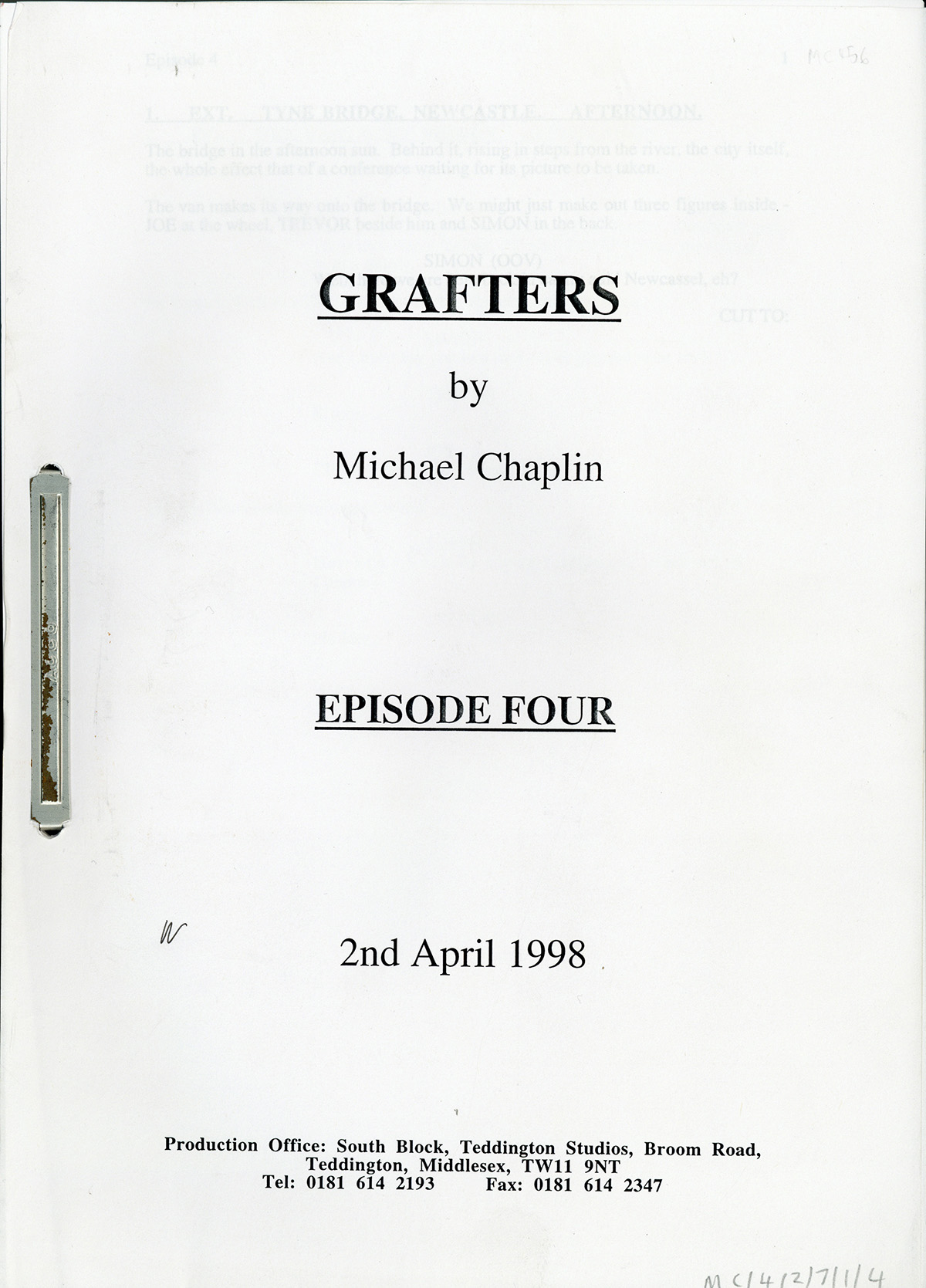
Working with Alan Plater on In Blackberry Time for the Live Theatre, Newcastle
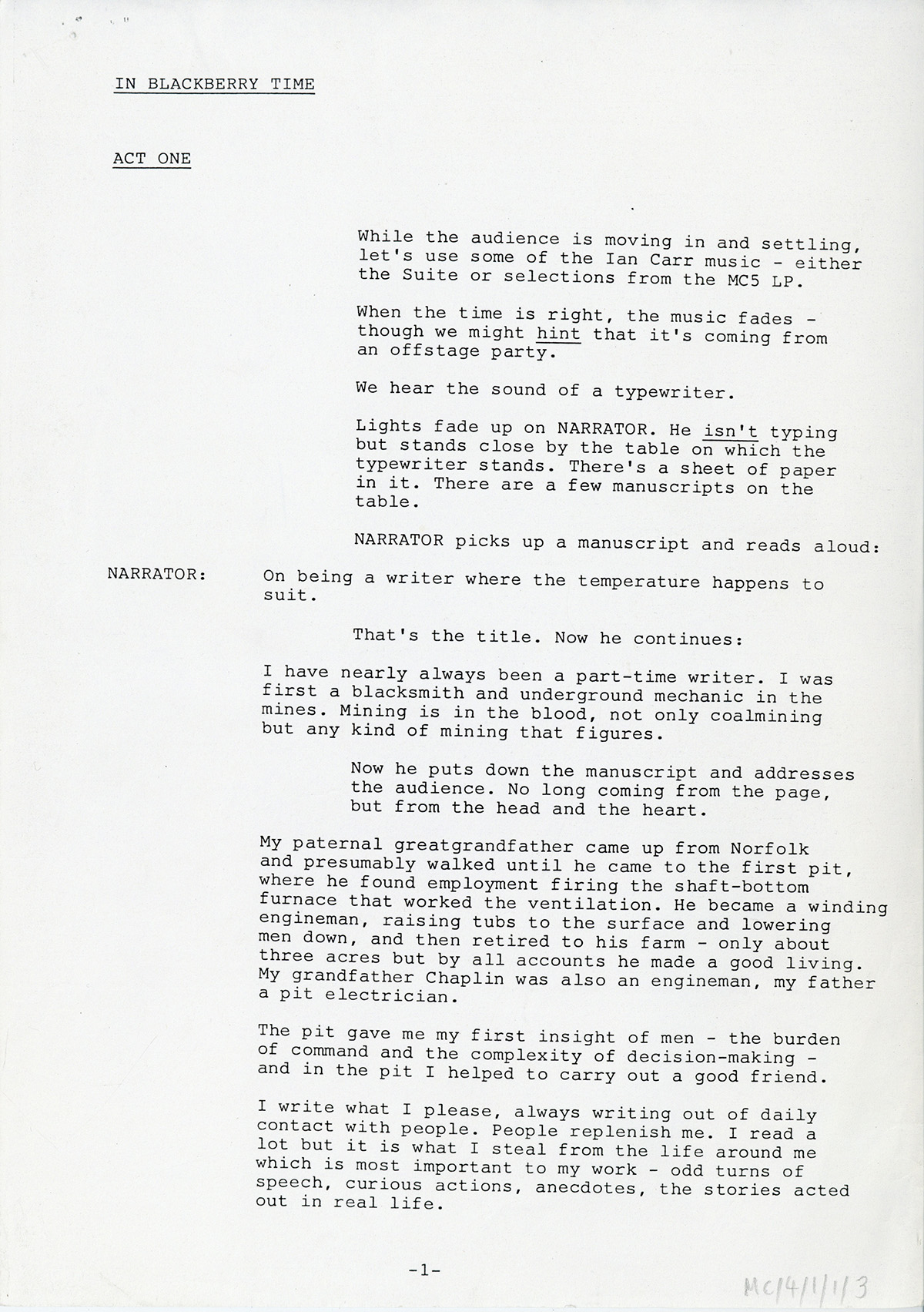
The importance of Live Theatre, Newcastle
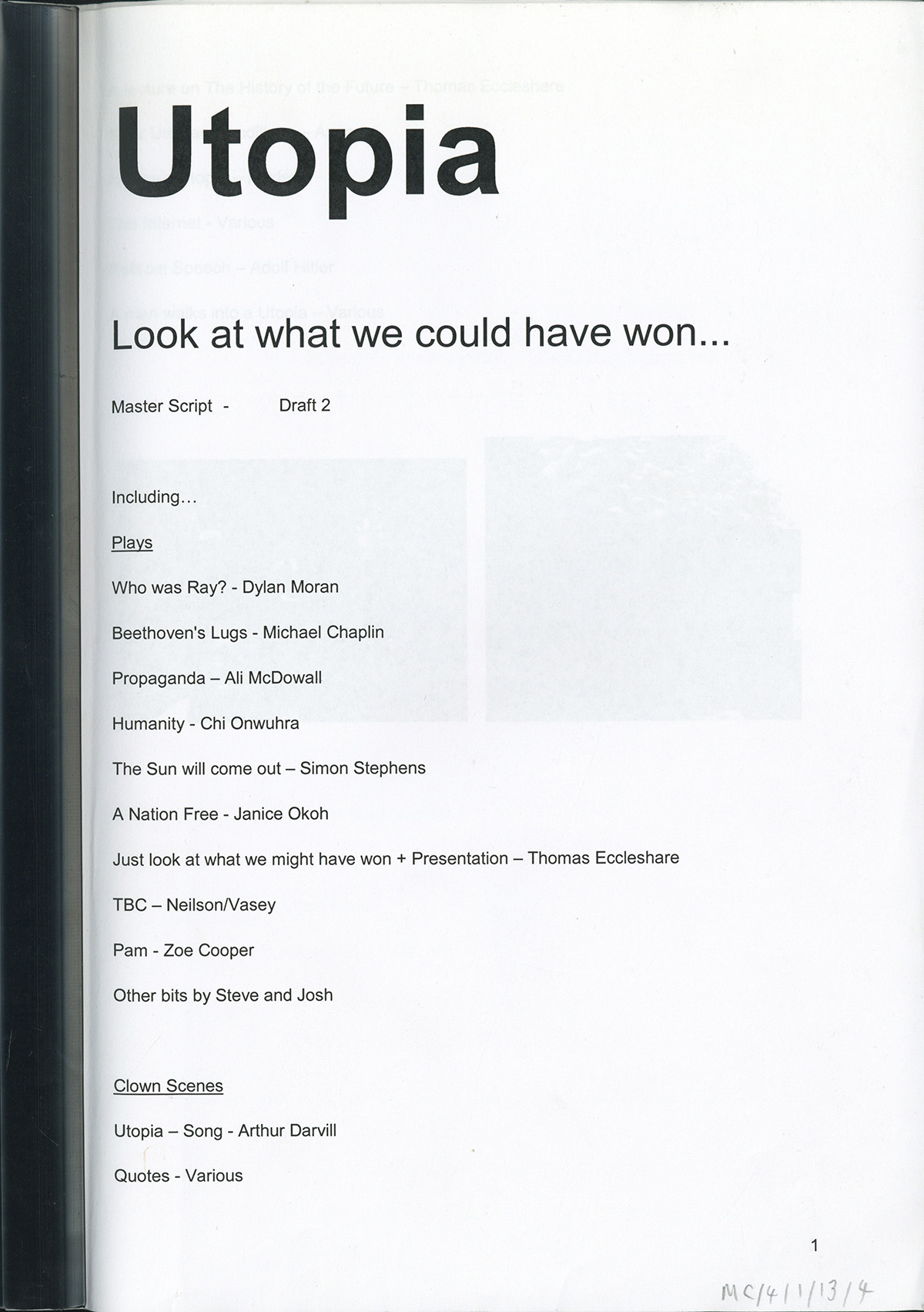
Listen to the full interview
Read the text summary
00:37: Michael begins by discussing why it is important his father, Sid Chaplin's archive, is preserved at Newcastle University. Sid Chaplin had a relationship with Newcastle University throughout the latter part of his life. The family moved to Newcastle in 1957 and Sid Chaplin was an active citizen in the city and wrote a lot substantially about it. He had a good relationship with the University and was awarded an honorary degree. Michael believes that his father has a notable place in Newcastle's literary history. His family felt it was important that the archive was made available to scholars, students and members of the general public.
02:12: Michael explains that his father's life sheds an interesting light on the social history of the North East. His father left school at 14 and went to work in the pit in county Durham. He received little formal education and settled on the ambition to become a writer later on. He talks about the struggles his father faced due to his social class and the way this shaped what his father chose to write. His father's books reflect on the social history of the region as a whole – charting this from the end of the war until the 1980s.
05:00: Michael describes how his own love for writing came originally from his love of reading. He was encouraged to read and join libraries in his youth. Michael discusses how he found his salvation in English Literature and History at school after a poor school record.
06:43: In his younger years, Michael's parents encouraged his passion for the theatre. He recollects that the first play he saw was Sweeney Todd at the People's Theatre in Newcastle. He later joined a Youth Theatre and for a long time wanted to be an actor. He would also go to the cinema, once a week, with his father. The combination of books, films and plays during Michael's childhood has led to his love of stories, which persists today.
09:28: Michael then moves on to talk about his time reading History at the University of Cambridge and how his underlying ambition was to be an actor. He talks about his time with the 'Marlow Society' and the way his love of acting dissipated during his first year, leading him to his first writing experience reviewing films for the University magazine Broadsheet.
10:47: At 15 years old, Michael explains he won a short story competition for The Journal, judged by Melvyn Bragg, for a story about his dying Grandad.
14:00: Michael became a graduate trainee for The Journal. He expresses his love for the physical form of newspapers and working within this medium of journalism. He talks about the practical training he was given early in his career. On his first assignment at The Journal he had to do the tide tables for the Holy Island Crossing. Over the years, Michael developed what he calls a 'news sense' and began to be more interested in working on a slightly bigger pieces. He rose through the ranks to become the health correspondent at The Journal. His desire to work on something bigger led him to gain a job as a researcher for London Weekend TV. Michael found his time at London Weekend TV exciting, he describes how it was an interesting challenge to tell a story through both verbal narrative and through pictures. London Weekend TV was a steadily growing company and became more popular with the public. This growth meant that it possible for Michael to rather quickly rise to the ranks of editor.
21:15: Due to a long period of ill health, Michael's father died in Grasmere at a Wordsworth conference in 1986. When reviewing Sid's archive, Michael found numerous unpublished essays and short stories. He and his mother decided to compile these into a book linking it together with passages written by Michael that would tell the story of his father's life. This became In Blackberry Time.
23:21: Max Roberts, artistic director at the Live Theatre in Newcastle, had a conversation with Alan Plater about creating a play based on the North East. Alan had been a close friend of Sid's and suggested they try to recreate In Blackberry Time as a play. Michael and Alan then agreed to co-write the play which would become Close the Coalhouse Door. He also goes into depth about his father's relationship with Alan Plater, growing from a mentor/mentee relationship to a close friendship. Close the Coalhouse Door really kick-started Michael's career in writing.
26:36: Michael follows this by discussing how he and his friend, Nick Evans, decided to collaborate on a miniseries. The miniseries, Act of Betrayal, focused on an IRA terrorist and his family. This and the work at the theatre allowed Michael's career in writing to begin.
28:00: Michael continued to write during his time in managerial roles in the television industry, including Hair in the Gate and A Proper Job. Following the success of his ITV miniseries Dandelion Dead, he was more convinced he could earn a living from writing.
29:27: Michael recognises that much of what he has done involves collaboration. He describes it as integral to his working life and the added value it brings to the writing process. He gives the example of when he was working with the director, Ed Bennett, on Dalziel and Pascoe and how Bennett loved Chaplin's script. The two worked together to 'make it better' – a process of collaboration with a like-minded person, which Chaplin greatly appreciated. He states he had a similar experience working with Mike Hodges, the director of Get Carter.
35:24: For Michael, the most fundamental aspect of choosing a writing project is a reliance on instinct. He describes how you have to listen to your first reaction on something.
39:50: Michael then discloses his process in choosing what to write about and its reliance on instinct and the ability to get excited about a project or its possibilities.
39:55: Having written many pieces for North East and Newcastle institutions Michael conveys the importance of the area to his work and how his connection to Newcastle has grown stronger since moving his family north. He feels his identity is very much bound up with this part of the world. This connection as well as his love core for theatre and cinema has fuelled Michael to complete some works of non-fiction about local landmarks such as the Tyneside cinema and the River Tyne, particularly during his time as a writer in residence at the Port.
49:20: Michael moves on to reminisce about the people he has worked with over the years. Having worked with Ben Elton on South of Watford, he discusses the way in which writing for Ben taught him how to effectively write characters. He mentions other people such as P. D. James, author of Original sin, Robson Green and Hugh Laurie. He follows these stories with an in-depth discussion of his development of Monarch of the Glen and the changes he made to the story to make it more appealing to a modern audience. He calls this his dream job and expresses his joy of getting to work with everyone involved.
1:05:40: He finishes by talking about his work on radio. He feels radio makes the listener 'work harder', causing them to engage more with the material – this is what makes radio so rewarding for Michael.
